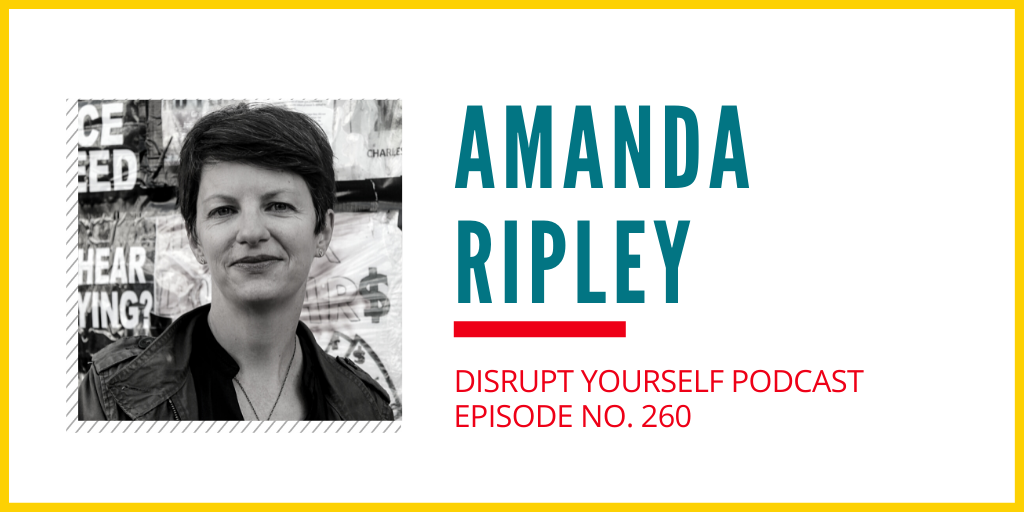“Taking responsibility is an act of emotional self-defense.” – Will Smith
A couple of days ago, I was working my way through this course from Emma McAdam on how to support/coach people with mental health challenges; she joined me on the Disrupt Yourself podcast.
One of the modules is about learning to be less judgmental.
And then I had an opportunity to practice.
First, I missed a call. I was on a call with a client, was absorbed in the conversation, and completely missed my next call.
My thought was, “Whoops. I need to apologize. But the other person will understand. Because this stuff happens.”
Second, I did a podcast interview without preparing as thoroughly as I usually do. After the interview, my audio engineer (politely) said, “That wasn’t as good as usual.”
My thought was, “Hmm. I need to make sure I’m always prepared. But, oh well, I’ll do better in the next interview.”
Third, one of my colleagues missed an important call with me.
My first thought was, “Hmmm. I wonder what happened?” Well, not really, but eventually, I got there. My first instinct actually was, “Why wasn’t he there? This was an important call, and I am embarrassed that he missed it.”
We aren’t always as easy on ourselves as I was inclined to be about my oversights. Sometimes we are very hard on ourselves. But it is also true that we can be very ungenerous with and judgmental of the people around us.
Frequently, the juxtaposition is not quite as clear as these incidents made it.
American psychologist Carl Rogers said, “The more I can keep a relationship free of judgment and evaluation, the more this will permit the other person to reach the point where he recognizes that the locus of evaluation, the center of responsibility, lies within himself.”
“Being judgmental is speaking, thinking, acting in a condemnatory manner, believing that we are better than the people around us,” says McAdam.
It’s on my mind. “How can I be less judgmental of myself or others? At home, at work? Or of people in faraway places like Russia?
Our podcast guest this week is Amanda Ripley, and our subject is a universally relatable topic: conflict. It’s part of life. It’s part of business and part of all interpersonal relationships.
Amanda explains why conflict is good. It leads to innovation, compromise, and inclusion. But she’s also studied what she calls “high conflict,” the title of her excellent book. This is where disagreements get so entrenched that they become an identity and a cycle of blame. People form their tribes. “Us versus them.”
This is politics. This is the online comments section. This is actual war, as we’ve sadly seen playing out in recent weeks. Ripley provides practical tips on how we can help reduce conflict.
You’ll want to listen to the podcast as there are many things we can do personally, but she emphasizes that there are things we can say and do (on social media) in particular, that will lower the risk of violence. You can see the research here, but these are some examples of what we can say:
“Violence directed at anyone because of their political opinions is never acceptable, regardless of what those beliefs might be.”
“I condemn in the strongest possible terms all acts of violence. That has no place here.”
The research shows that voices countering and condemning violence, reduce violence.
How will we use our voices? Will we fan the flames or help fight the fire?
Self-protection is instinctual, which is why we sometimes judge and allow violence to continue because we feel threatened.
But, as Will Smith said, the best emotional self-defense is to take responsibility for helping extinguish conflict rather than spending our energy focused on the faults of others.
What are your thoughts?
My best,
Whitney
P.S. If you want to reduce high conflict, share one of the tweets above, tag me, and you’ll be eligible for one of five copies of Amanda’s book, High Conflict.


